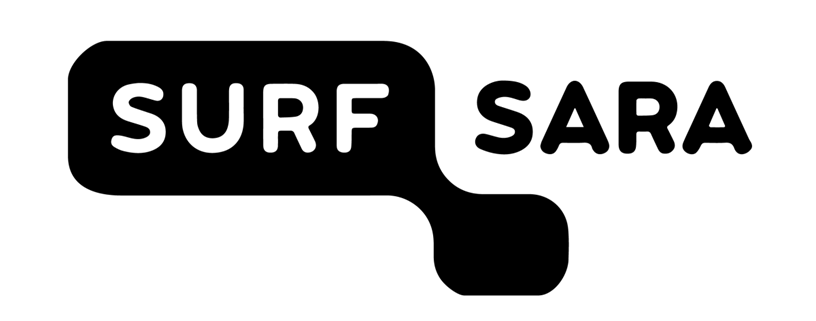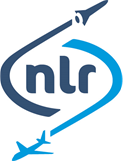Future Computing
TU Delft Quantum Software Cluster (QSC)
Quantum Computing is a rapidly developing field that brings together computer science, mathematics, physics, and the engineering and social sciences. With more and more experimental small-scale quantum computers becoming available in the cloud, researchers, students, and practitioners get the opportunity to gain practical experience with this novel compute technology and to explore its potential for future applications. The Quantum Software Cluster (QSC) is part of the TU Delft Institute for Computational Science and Engineering (DCSE) with research and education on “Future Computing”. Our mission is to support computational scientists in the transition from today’s classical computing era to Quantum Computing in the future through stimulating the exchange of knowledge and resources, organizing educational events, and facilitating joint research projects. QSC welcomes staff members and students at all career levels and from all six faculties connected to DCSE as well as external researchers and practitioners who are interested in quantum software development.
Please contact us for more information by sending an email to QSC@tudelft.nl and subscribe to our mailing list at https://listserv.tudelft.nl/mailman/listinfo/qsc to not miss any of our forthcoming events.
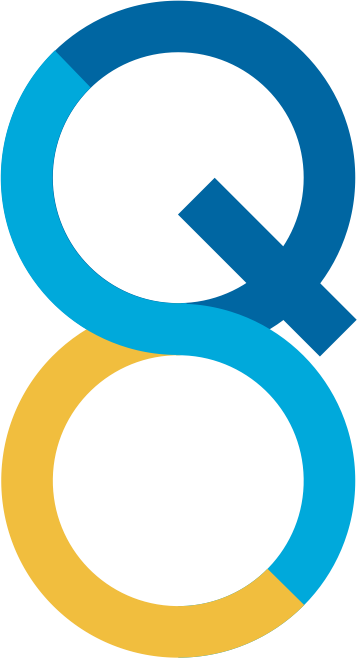
-
Vision
Quantum Computing is an emerging technology that holds the promise of revolutionizing the way we will be solving computational problems in the future. For some problem classes it will be the first time in history that they can be solved efficiently, which will have significant impact on their application domains. The efficient factorization of integer numbers into prime numbers using Shor’s quantum algorithm, for instance, will put an immediate end to public-key cryptosystems like the popular and widely used RSA scheme. Other problem classes may also benefit from the transformative potential of Quantum Computing in terms of significant performance gains that will enable new applications such as the design of novel meta-materials and lightweight structures, or better drugs and pharmaceuticals. QSC’s vision is to pique the interest of the entire CSE community in Quantum Computing and involve its members into the transitioning process from today’s classical to future Quantum Computing. We believe that this is the right time to start developing quantum algorithms and software for real-world problems to discover novel application domains, where Quantum Computing might become a game-changing technology in the future.
Mission
The Netherlands is a strong partner in Europe’s vibrant and the international quantum community, with TU Delft/QuTech being an international hotspot for research and education on Quantum Technology and the Quantum Internet.
QSC’s mission is to complement this effort from the side of quantum software development by stimulating the exchange of knowledge and resources, organizing educational events, and facilitating joint research projects. Our focus is on the things it needs next to the Quantum Computer hardware to make Quantum Computing a practical tool for the computational sciences by sharing codes, data, and resources in the spirit of open science, and by giving a voice to the practitioners’ needs in the Dutch quantum ecosystem.Strategy
QSC is associated with the TU Delft Institute for Computational Science and Engineering (DCSE) under the pillar “Future Computing”. Our aim is to reach staff members and students from the scientific departments of all six faculties represented by DCSE, who are already working in the field of Quantum Computing or are interested to learn more about it.
-
Aerospace Engineering (AE)
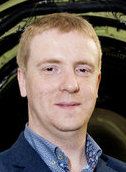
Roeland de Breuker R.DeBreuker@tudelft.nl
Aerospace Structures and Computational Mechanics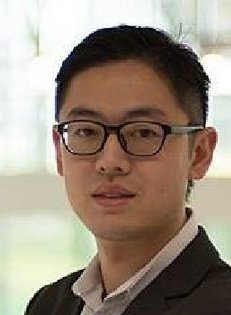
Boyang Chen B.Chen-2@tudelft.nl
Aerospace Structures & Materials
(ASCM)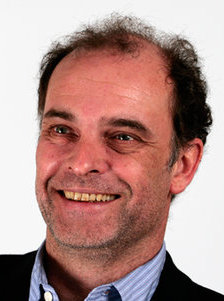
Marc Gerritsma M.I.Gerritsma@tudelft.nl
Applied Geophysics and Petrophysics
Aerodydamics, Wind Energy & Propulsion
(Aero)
Sybrand van der Zwaag S.vanderZwaag-1@tudelft.nl
Aerospace Structures & Materials
(NAM)Electrical Engineering, Mathematics & Computer Science (EEMCS)
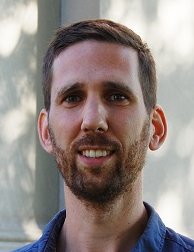
David de Laat D.deLaat@tudelft.nl
Optimization
(DIAM)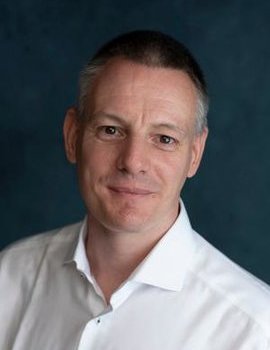
Matthias Möller M.Moller@tudelft.nl
Numerical Analysis
(DIAM)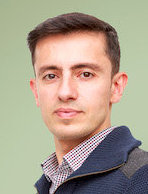
Zaid Al-Ars Z.Al-Ars@tudelft.nl
Quantum & Computer Engineering
(QCE)Mechanical, Maritime and Materials Engineering (3mE)
-
-
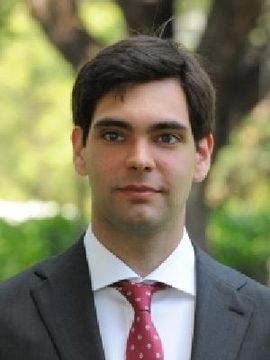
Miguel Bessa M.A.Bessa@tudelft.nl
Faculty of Mechanical, Maritime and Materials Engineering (3mE)
Team Miguel Bessa
Tel.: +31 15 27 81933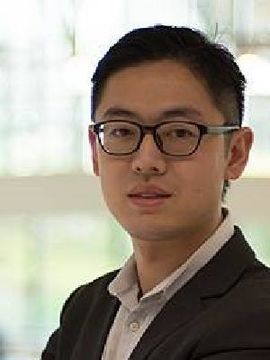
Boyang Chen B.Chen-2@tudelft.nl
Faculty of Aerospace Engineering
Aerospace Structures & Computational Mechanics
Tel.: +31 15 27 82376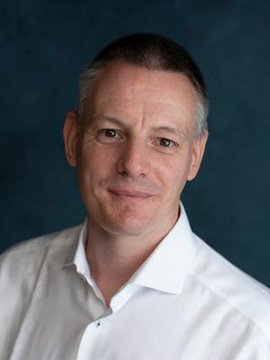
Matthias Möller M.Moller@tudelft.nl
Faculty of Electrical Engineering, Mathematics and Computer Science
Numerical Analysis
Tel.: +31 15 27 89755
